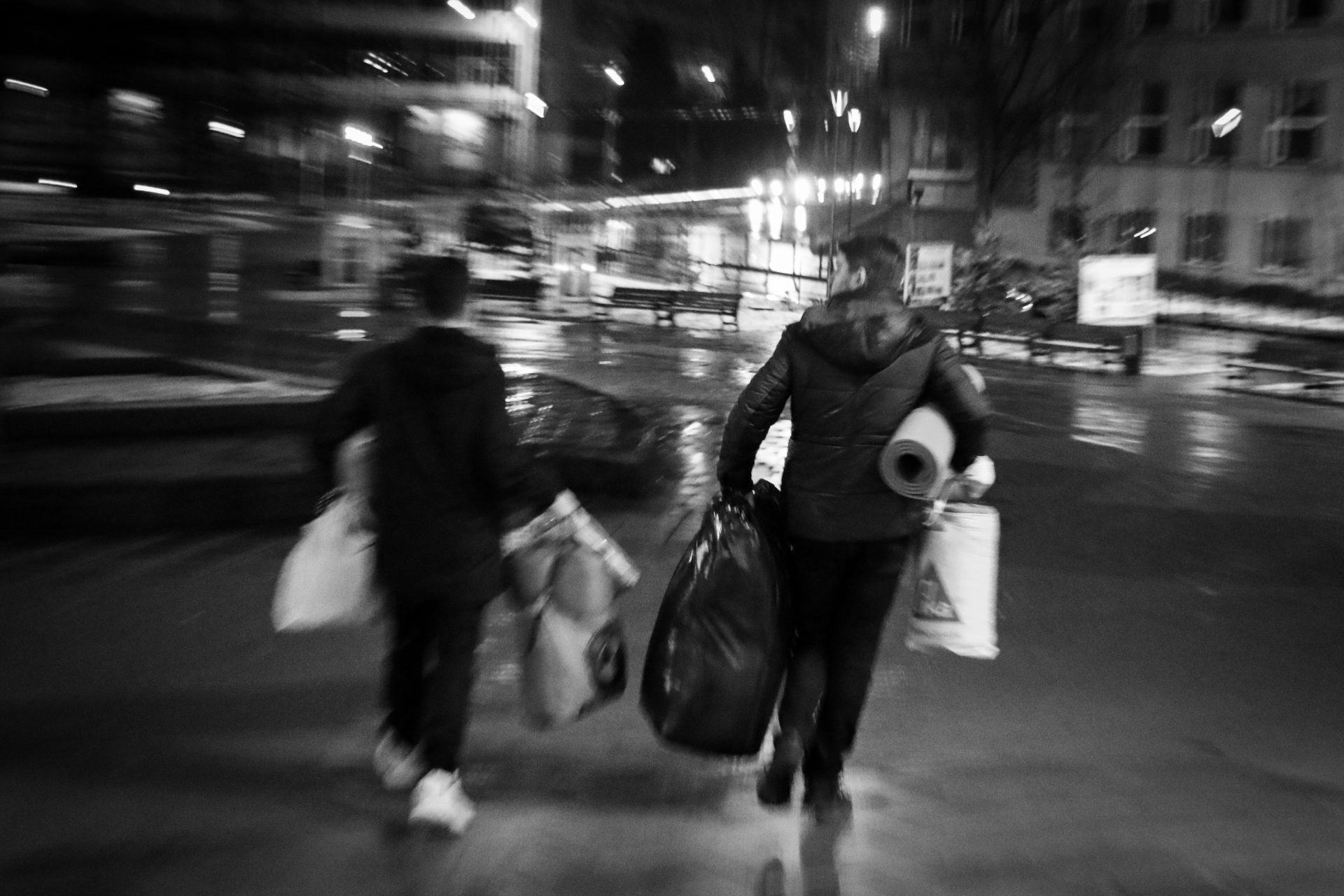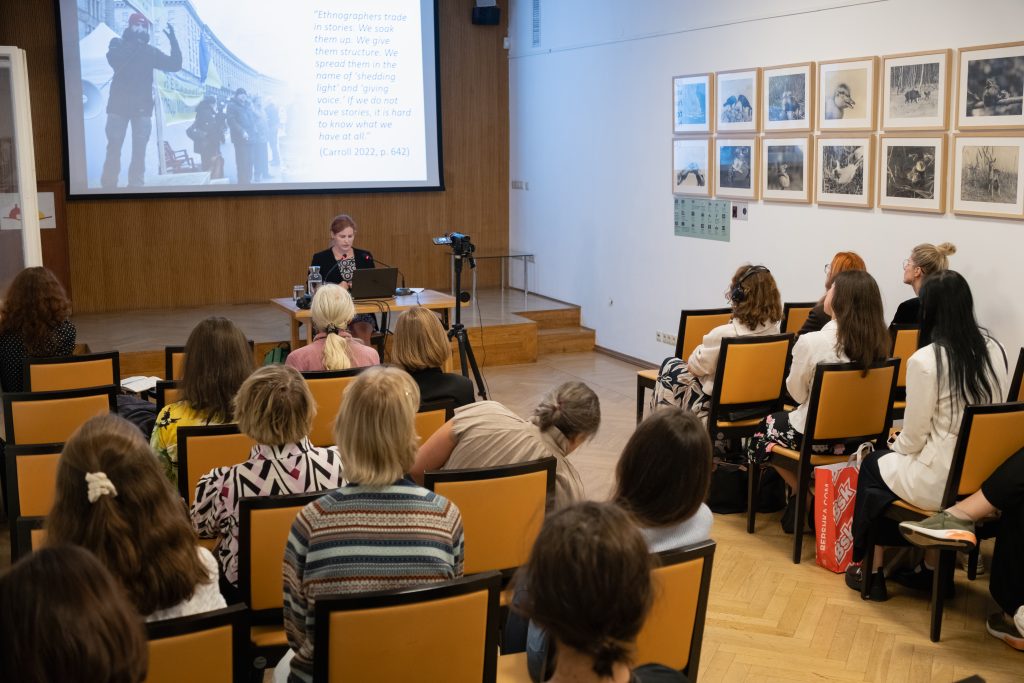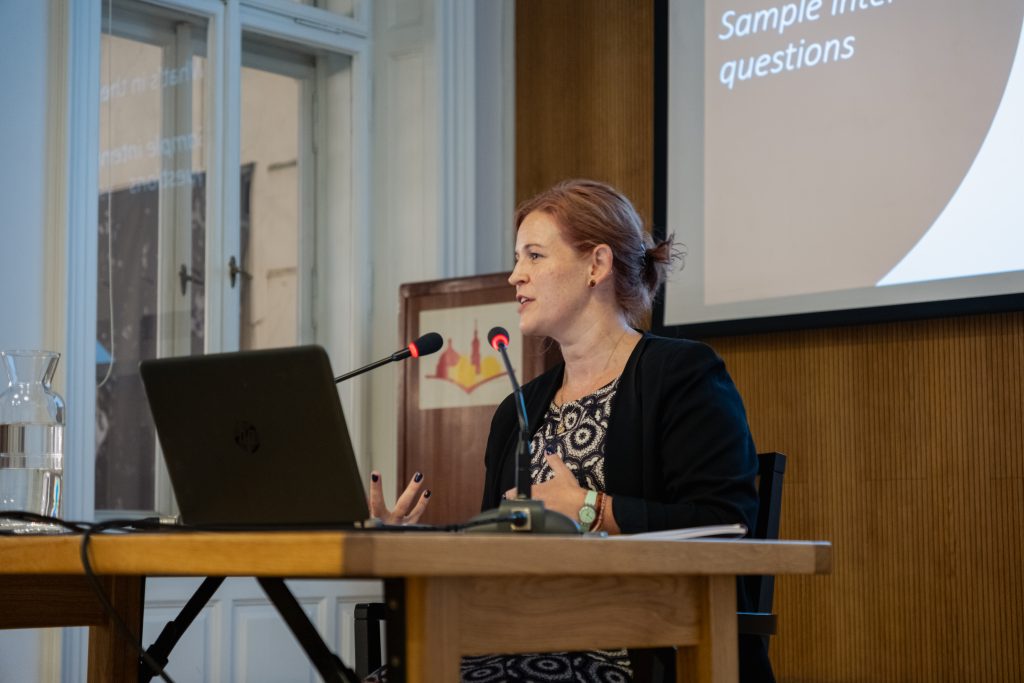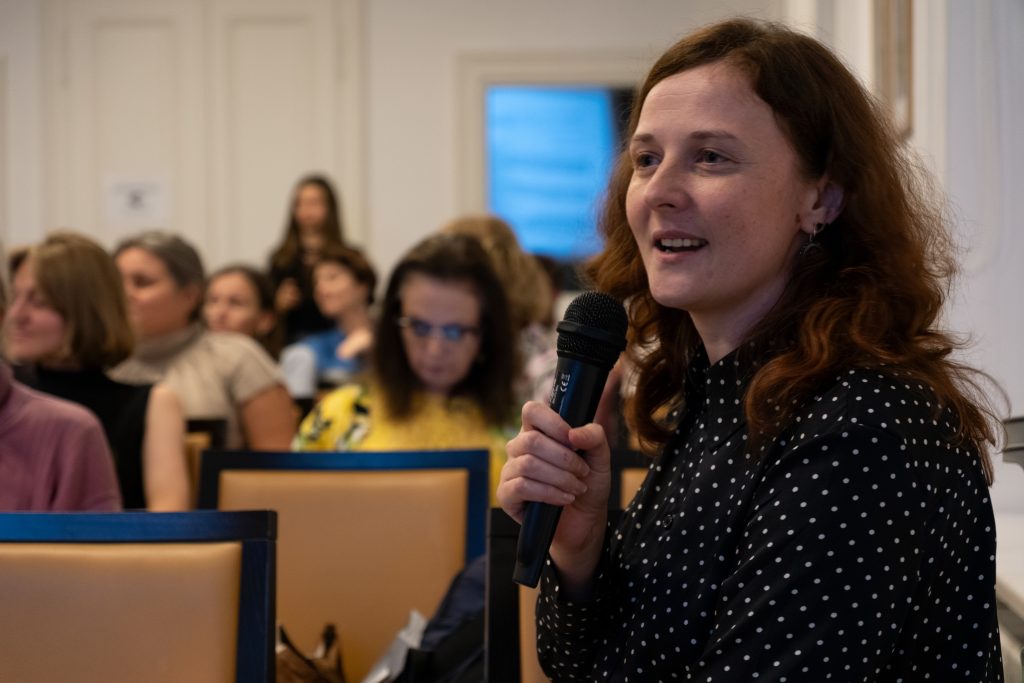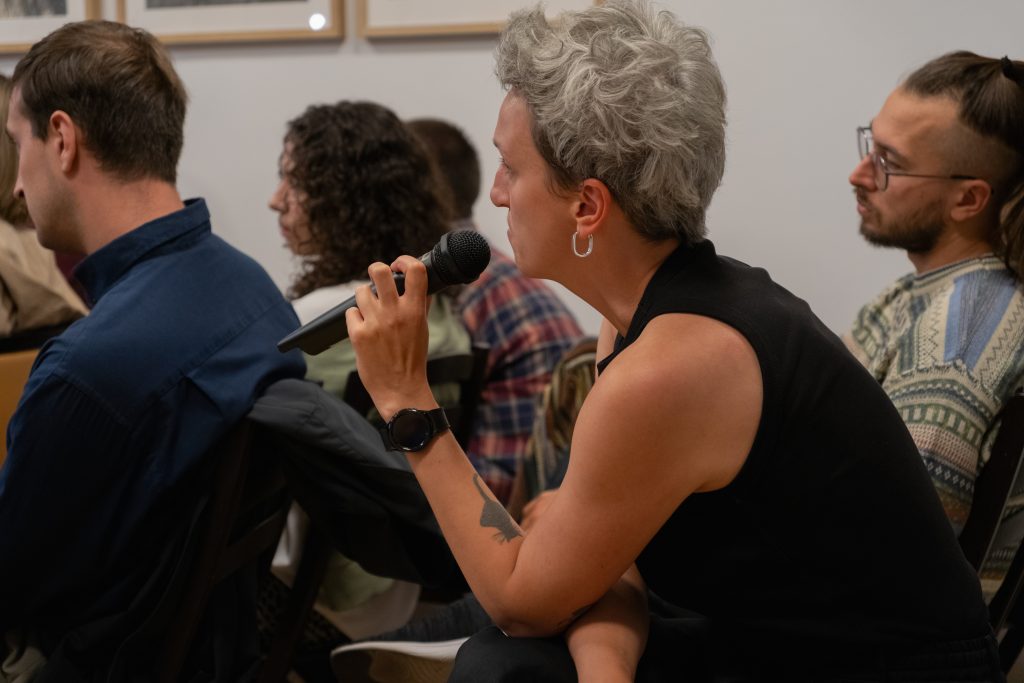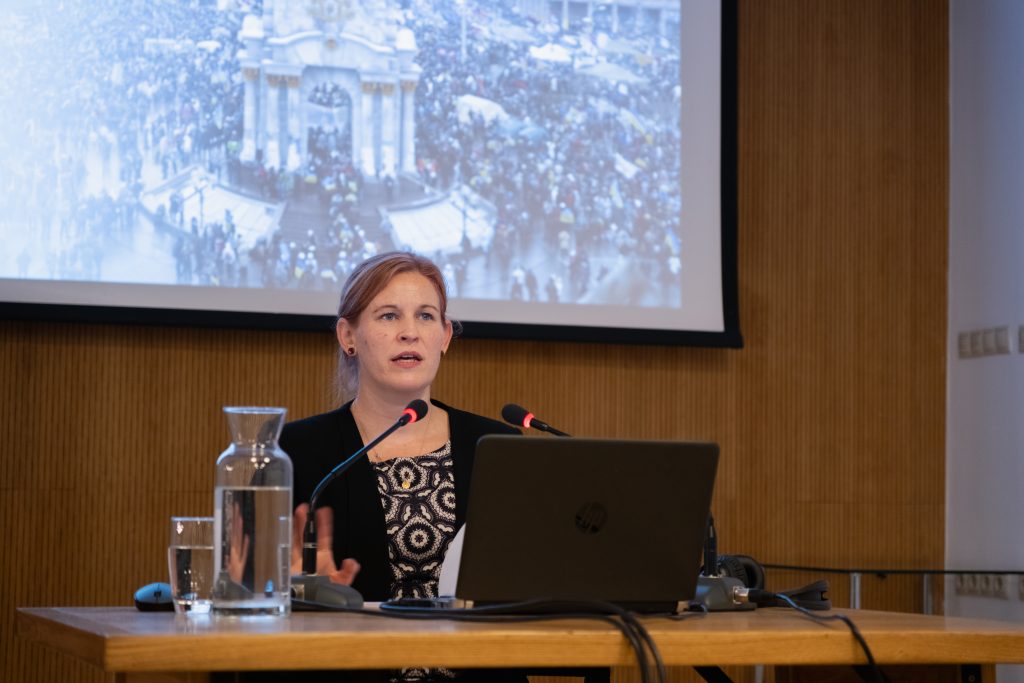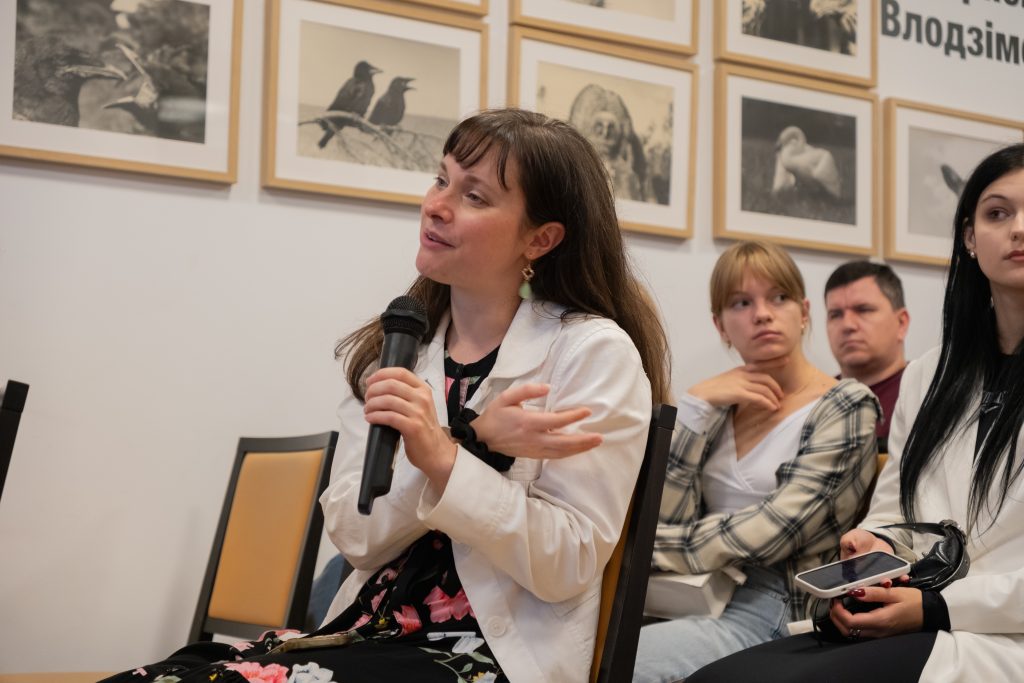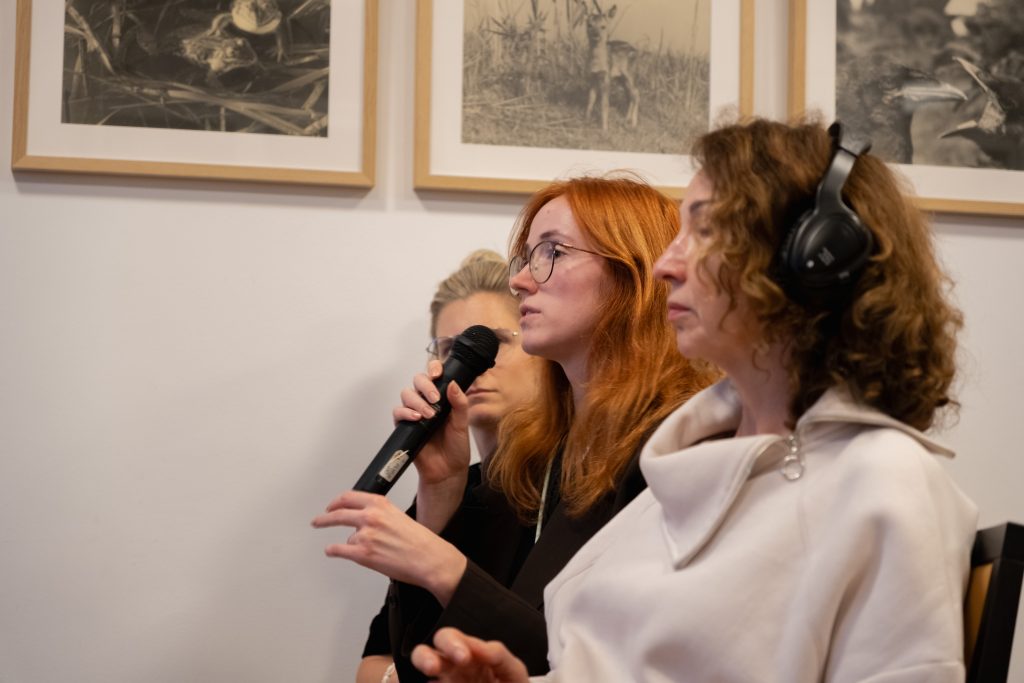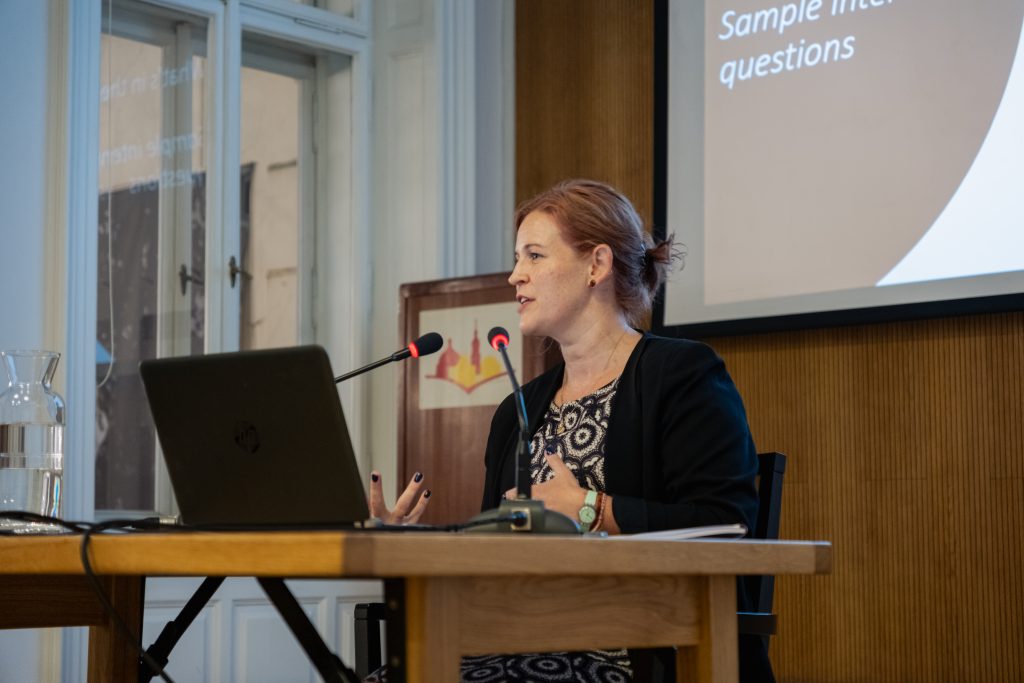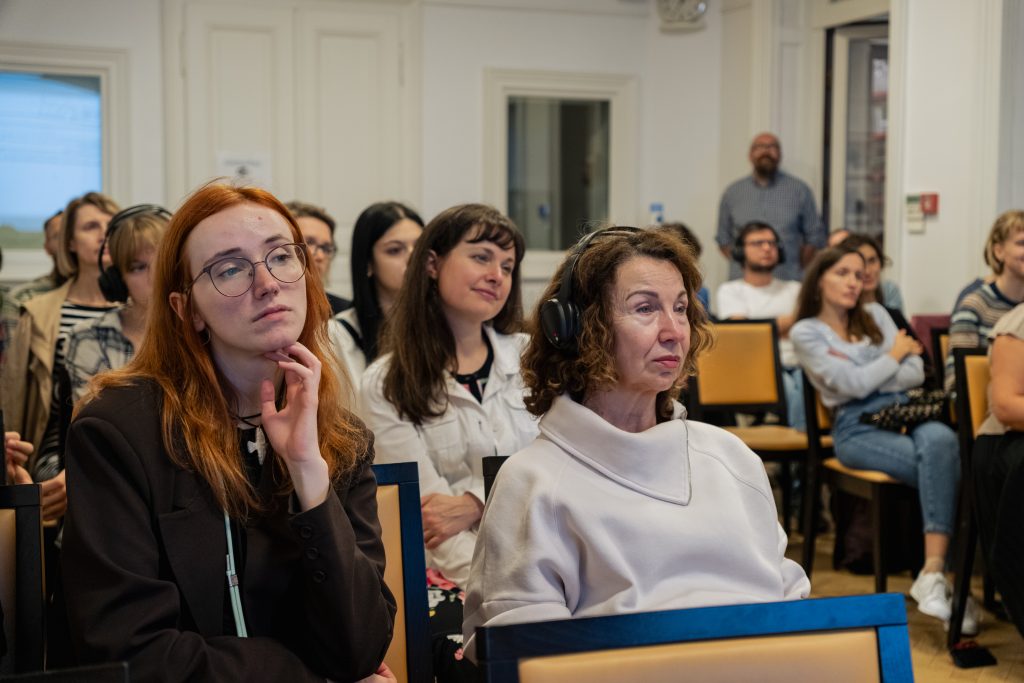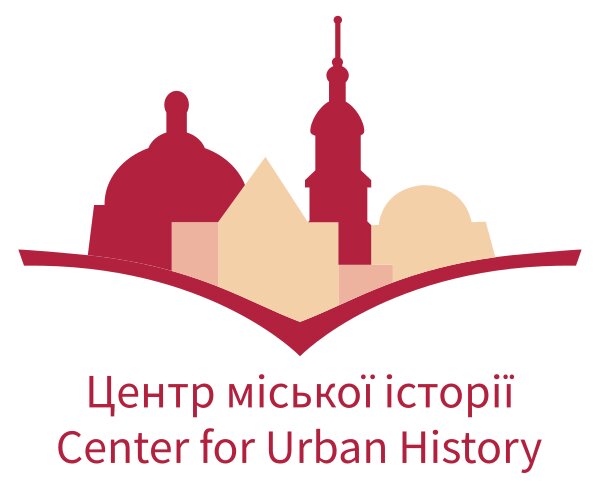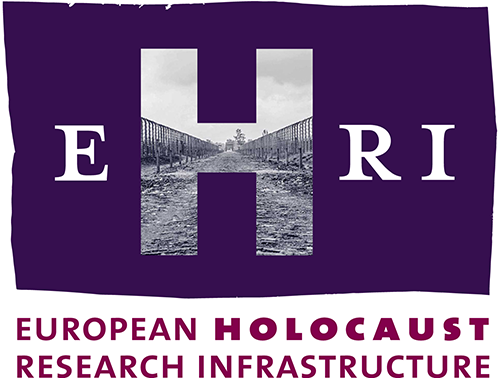Displacement, Emplacement, and Reintegration: IDP Experiences, 2014-2021
Dr. Emily Channell-Justice
Ukrainian Research Institute, Harvard University17.9.2024, 18:30
Conference Room of the Center for Urban History
We invite you to the lecture by Dr. Emily Channell-Justice which is part of the program series "Source as a Choice."
The lecture will reflect on how engagement with and understanding of war contexts allows us to continue to conduct research. How should anthropologists navigate the context of war in order to continue conducting research? The lecturer will talk about the process of developing her current research on internal displacement in Ukraine since 2014, which was interrupted by the full-scale Russian invasion. She will also refer to the sources on which her project is based.
The discussion of the data will focus on the main body of Dr. Channell-Justice's research project, 80 interviews with internally displaced Ukrainians from Donetsk and Luhansk oblasts and Crimea, which were collected by Ukrainian anthropologist between 2014 and 2016 and handed over to Dr. Channell-Justice to use for research in 2019. These interviews describe the experience of displacement, as well as they reveal specifics of conducting research when circumstances do not allow for the collection of normal ethnographic data through long-term observation of participants. The researcher will raise the issue of ethical research during the ongoing military operations. She will review recent publications and presentations by Ukrainian scholars who advocate for the ethical and empathetic creation of archives and documentation to preserve the experiences of war survivors and ask how this perspective can be applied to previously collected data and how it can guide researchers in further research in and about Ukraine. In addition, she will consider opportunities for collaborative work among professionals that can strengthen the research process and improve its findings.
Director of the Temerty Contemporary Ukraine Program at the Ukrainian Research Institute, Harvard University. She is a sociocultural anthropologist who has been doing research in Ukraine since 2012. She has pursued research on political activism and social movements among students and feminists during the 2013-2014 Euromaidan mobilizations. Her book, Without the State: Self-organization and Political Activism (2022, University of Toronto Press), won the 2023 American Association of Ukrainian Studies book prize. She is also the editor of Decolonizing Queer Experience: LGBT+ Narratives from Eastern Europe and Eurasia (2020, Lexington Books). She has published her research in journals including Political and Legal Anthropology Review; Feminist Anthropology; Revolutionary Russia; History and Anthropology; and Signs: Journal of Women in Culture and Society.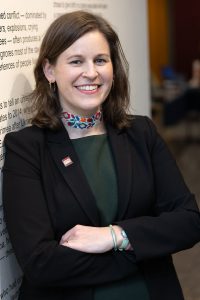
Dr. Emily Channell-Justice
Ukrainian Research Institute, Harvard University
The event will be part of the Center's public program "Source as a Choice," organized by the Center for Urban History in cooperation with EHRI. During the meetings, researchers will share their work with various sources on war and mass violence in the twentieth and twenty-first centuries. The choice to create and preserve sources can be one of the tools for embodying this violence or, on the contrary, for opposing it. Our choice to talk about these events through the prism of certain sources creates a field in which the complex past will live on in the present and future.
Credits
Cover Image: Orest Kostiv // "Visual Documentation of War" collection // Urban Media Archive of the Center for Urban History
Gallery: Oleksandr Korman
